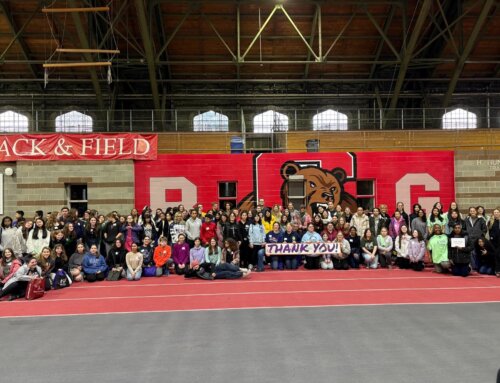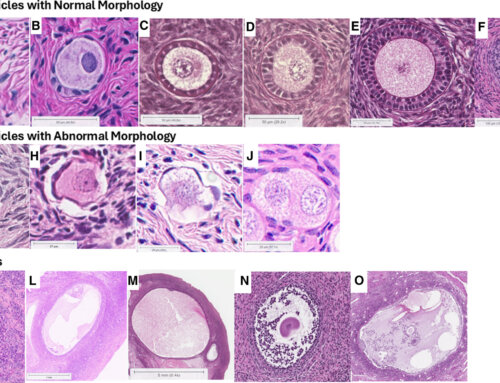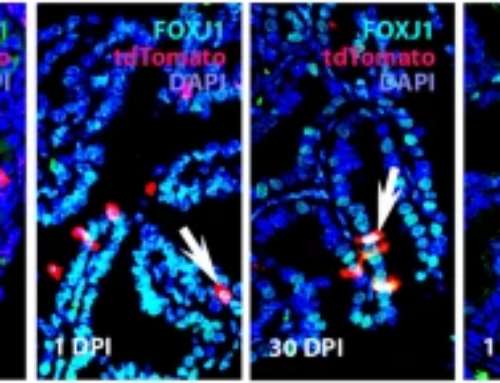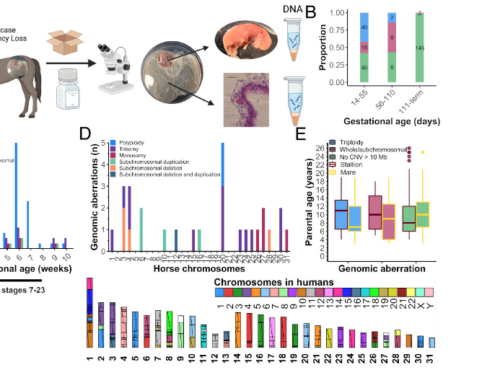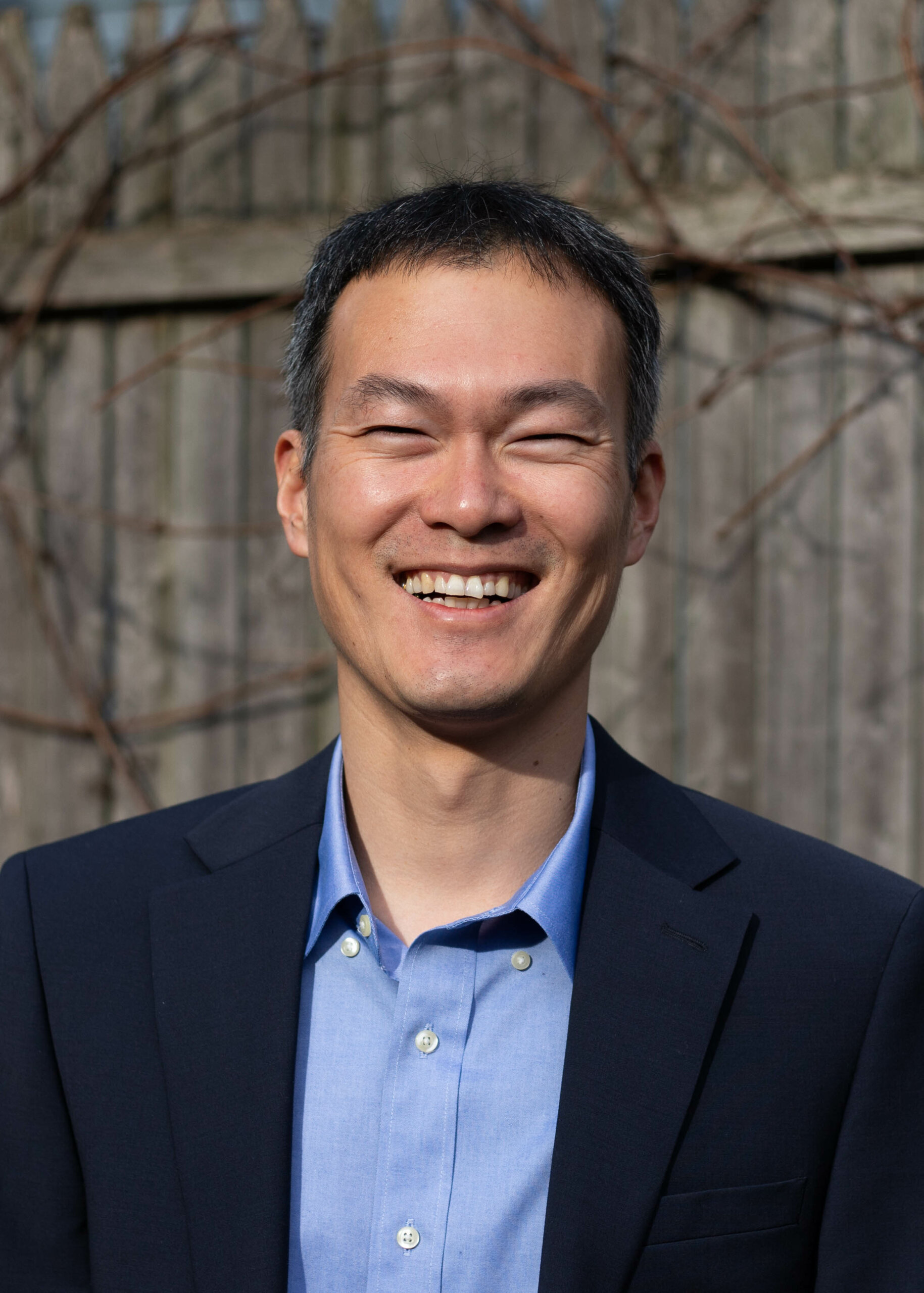
August 2023
The Biomedical Sciences Department at the Cornell University College of Veterinary Medicine is pleased to welcome Dr. Jongmin Kim, Ph.D., a postdoc at the Kingston Lab at Harvard Medical School, who will join us as an Assistant Professor in 2024.
- What aspect of your research are you most excited about right now?
- During my PhD, I was fortunate to name a gene. My advisor and I decided to name it ‘Kumgang’, for the Korean mythological guardian of temples. Without Kumgang, many genes that should be kept silent in germ cells are aberrantly activated in fly spermatocytes (precursor cells for sperm). Thus, the name Kumgang. The guardian of germ cell fate.
- I am excited about figuring out how Kumgang safeguards germ cell chromatin and blocks spurious transcription. All we know now is that Kumgang helps to bring a chromatin remodeling enzyme to its targets, but we do not know how it finds its targets or how the changes in the chromatin results in gene silencing. I plan to uncover the mechanism of Kumgang in flies and extend our findings to mammals. By beginning our work with Kumgang, I hope to learn in general how gene silencing mechanisms modify chromatin and coordinate with other nuclear processes to make fertile sperm.
- What inspired you to study reproduction, in general?
- I love the special characteristics of germ cells. However, my path to studying reproduction was rather serendipitous.
When I started graduate school, I was broadly interested in development and gene regulation. I joined Professor Minx Fuller’s group hoping to study asymmetric cell divisions between stem cells and differentiating daughter cells. Her group was addressing this question using germ line stem cells in the fly testis as a model. Being in her lab, I naturally learned more about germ cells, such as testis-specific transcription, dramatic reorganization of mitochondria, and erasure or maintenance (imprinting) of epigenetic memory across generations. Rather coincidently, spermatogenesis continued to be my model of study for my postdoc. As I learn more, I find it more remarkable how germ cells dramatically change their transcription and morphology as they differentiate. I believe that we have a lot to uncover on molecular mechanisms governing germ cell differentiation, building on the rich foundation of past cell biological and physiological studies.
- I love the special characteristics of germ cells. However, my path to studying reproduction was rather serendipitous.
- When you’re not doing research, what are your hobbies or non-work-related interests?
- I like to swim and run. I am not a particularly good swimmer or runner, but I enjoy moving and the refreshing feeling after a workout.
I also like to hike and travel. I think I like walking, especially exploring places through long walks. I was in Berlin earlier this year. Discovering little things – such as how the walk symbol of the traffic signs changes in different parts of the city (east vs. west) or tasting pretzels from many small bakeries are the joy of travel for me. I am looking forward to exploring different hiking trails and falls near Ithaca.
- I like to swim and run. I am not a particularly good swimmer or runner, but I enjoy moving and the refreshing feeling after a workout.
- What is the most valuable piece of advice you’ve received over your research career?
- There is already a lot of good advice in this series about how to do better science. So, I want to share some advice I got on how to cope with uncertainties in the research career.
This advice is from then emeritus professor Dale Kaiser in the department. I was a 3rd-year student with projects going nowhere. One day, I talked to Dale about failing experiments and getting anxious. He listened carefully and told me, “So it is a ‘Am I going to be able to make it?’ problem”. He said, “No one knows whether you will be successful. But what I can tell you is – all my students, I, and even my own advisor had that concern. You are not alone. If you like what you do every day, doing experiments and thinking about the problem, it is worth doing it.” Then he lent me a book, ‘The Statue Within’, an autobiography of his advisor Francois Jacob – about how Jacob was unsure of himself in his research career and how he eventually built his confidence.
Dale’s advice did not immediately solve the problem. But knowing that I am not alone made me feel more comfortable when things are not working well.
- There is already a lot of good advice in this series about how to do better science. So, I want to share some advice I got on how to cope with uncertainties in the research career.
- Ideally, how do you envision your research contributing to the broader field of reproduction (be it societal, ecological, etc.)?
- Reproduction is an important issue in modern life in many different ways. Rapid environmental and societal changes brought different challenges. Endocrine-disrupting chemicals, rising obesity, and delayed parenthood all may contribute to decreasing male fertility. In addition, changing views in society around family and reproduction require creative new solutions, such as in vitro gametogenesis and male contraceptives. To make meaningful advances in these fields, we need to understand the basic biology of how spermatogenesis works. I hope our research will provide the mechanistic basis for gene regulation to make the right sperm.


